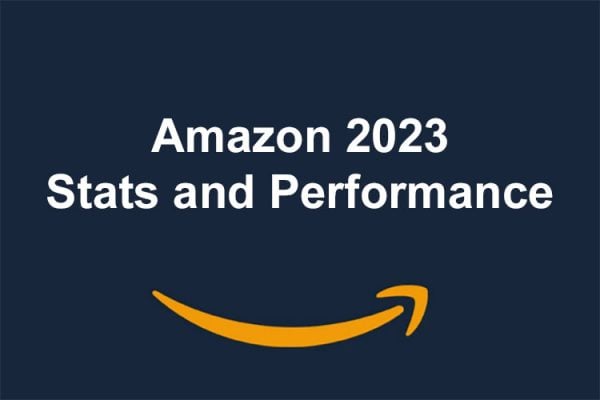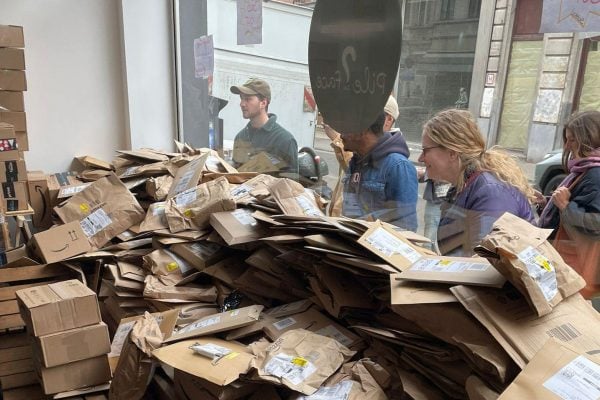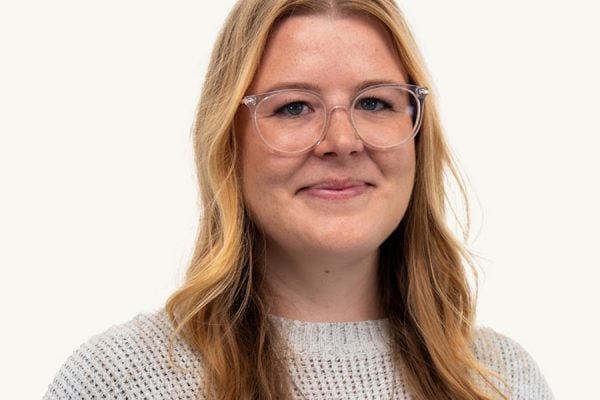Matoha was started by its founders during their undergraduate degree at Imperial College London, inspired by a visit to a manual sorting plant. A lot of waste is sorted manually around the world, but the accuracy of this technology is limited as many materials can look very similar. The founders came up with a solution: to create devices which could provide the workers with the material composition, enabling subsequent recycling.
Matoha’s product enables customers to instantly identify the material of a particular textile or fabric sample and sort it accordingly. The devices are accurate, quick and cost-effective – and are used in commercial sorting operations by a wide range of customers. They also report the measurement results into a cloud system, enabling traceability and creating additional insights into the sorting process. Their customers are recycling, sorting and manufacturing companies from all around the world. Currently, customers in 35 countries use Matoha’s machines.
Matoha are also one of eight startups from the UK Amazon Sustainability Accelerator 2023 cohort, which provides support for companies developing new recycling technologies and creating products with reduced impact on the environment
We spoke with Martin Holicky (Co-founder & CEO) and Hans Chan (Co-founder & CTO) of Matoha.com to find out more about their business and what it takes to become a part of the Amazon Sustainability Accelerator. If you want to discover more about this programme and potentially apply in 2024, watch the interview for insight into the application process:
00:00 What problem is Matoha aiming to solve?
02:03 What was the idea behind Matoha?
02:26 An undergraduate project that grew into a business
03:30 How Matoha material identification devices work
07:14 The selection and application process for the Amazon Sustainability Accelerator
08:18 What difference will the Amazon Sustainability Accelerator make for Matoha
09:22 What’s next for Matoha?









